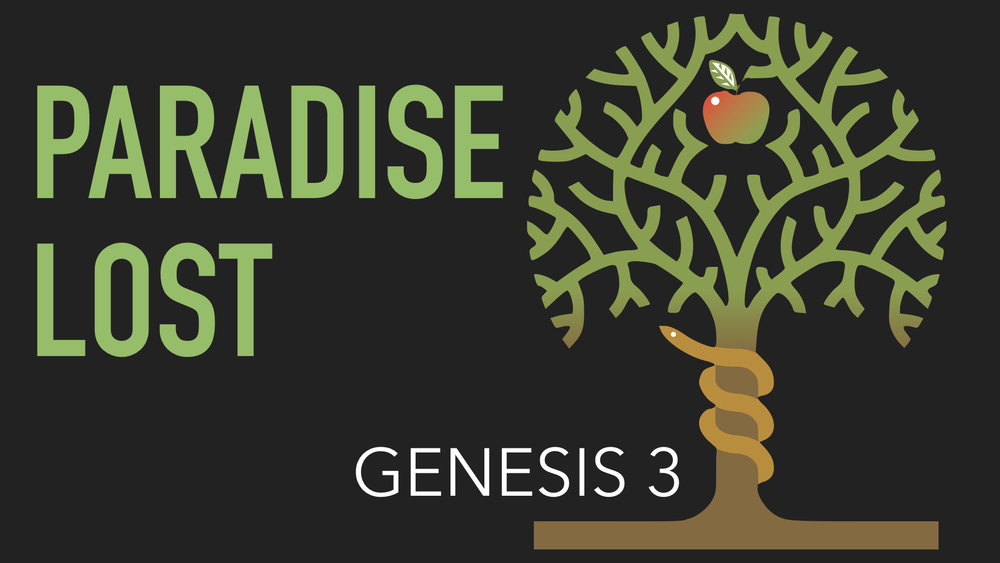This week we are in the post-lapsarian Garden. Please read Genesis 3:8-19.
Hiding from God:
The actions of the man and woman after disobediently eating of the fruit of the tree of the knowledge of good and evil are the same as ours would be. We hide and then we blame others. In our readings last week, the man and women become aware of who they are and what the world is like. They become ashamed of themselves, their bodies, and their mortality, and they cover their naked vulnerability with fig leaves.
When our reading opens this week, they are found hiding among the trees. When God comes to walk with them, he calls to them, but they are nowhere to be found. Their newfound self-consciousness causes them to hide from God. The story says that they are afraid because they are naked, not necessarily because they are disobedient. Their very being causes them to hide, not their actions They know their inadequacies, their limitations, and their mortality. As a result, they hide from God and their divine calling.
I imagine that all of us can see ourselves in the self-consciousness and the actions of the man and the woman. From Moses at the burning bush (Ex. 3) to Isaiah in the Temple (Isa. 6) or John in his vision (Rev. 5), all of us should see ourselves as wholly inadequate in the very presence of God. The man and woman now know who they are and they now know that they are not worthy to walk with God in the Garden.
Averting Blame:
God asks the man “Did you eat of the forbidden fruit?” The man’s response is quite remarkable. He does not say “yes” or “no.” Rather he says “The women you gave me, gave me the fruit.” The man blames the woman and he blames God for giving him the woman. The man takes no responsibility although at the time of the temptation he said nothing. It’s the woman’s fault or even God’s fault but it is not his fault. The woman’s response is not much better. She blames the snake for tempting her although she does not blame God for creating the snake. The man and the woman give a clear example of how not to respond to sin and disobedience.
Think about how Gregory the Great’s analogy of Sin (temptation, desire, consent) that we looked at last week applies here. In our reading, the mind blames the God-given human desires for its sin rather than blaming itself for reigning in desire when it goes astray. God made all of the fruit in the garden appealing to the eye (Gen. 2:9), but he instructed the mind to simply not eat of one type. The ultimate blame, of course, lies with the mind’s consent to the consciousness disobedience of the commandment.
The blame also lies with desire as well as with the mind. All morality begins with rightly-ordered desires. When Paul writes of the works of the flesh versus the fruit of the spirit (Gal. 5:16-24) he is listing the characteristics of a wrongly-ordered desire versus a rightly-ordered desire. We all know that the mind will eventually succumb to the desires, which is why the Christian moral life is less about having the willpower to resist an evil desire and more about cultivating good desires that will not give in to temptation.
Dinner is at 6:30. The menu is chicken teriyaki. Discussion about 7:15 followed by Compline.
Whither shall I go from thy Spirit?
Psalm 138:7-8
Or whither shall I flee from thy presence?
If I ascend to heaven, thou art there!
If I make my bed in Sheol, thou art there!


Pingback: Adam & the Fall – Conclusion – Gen. 3:20-24 – Ancient Anglican